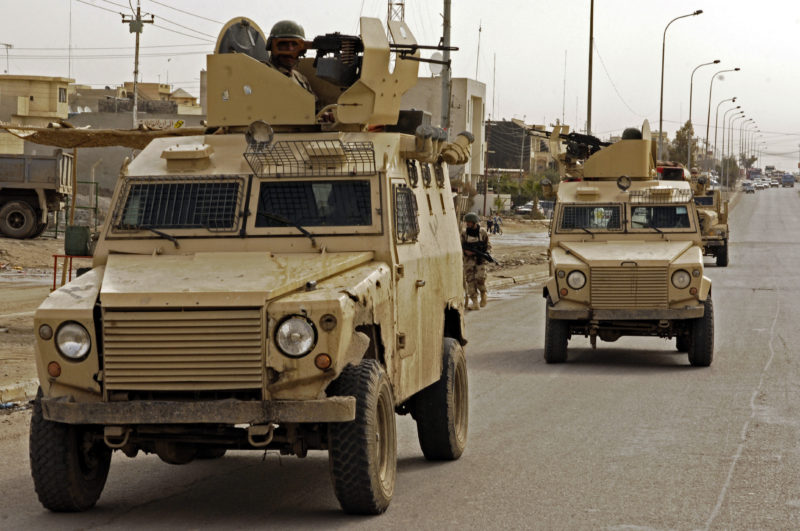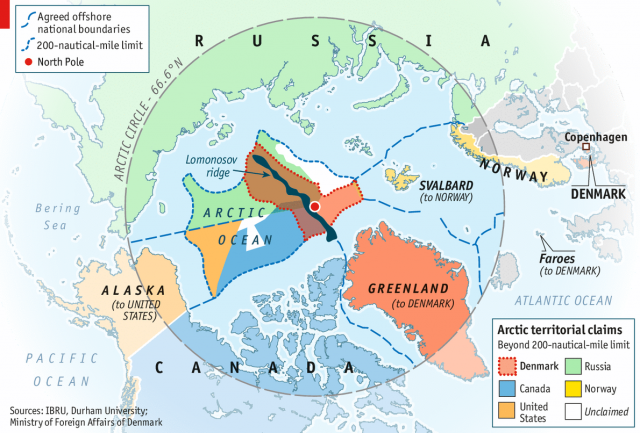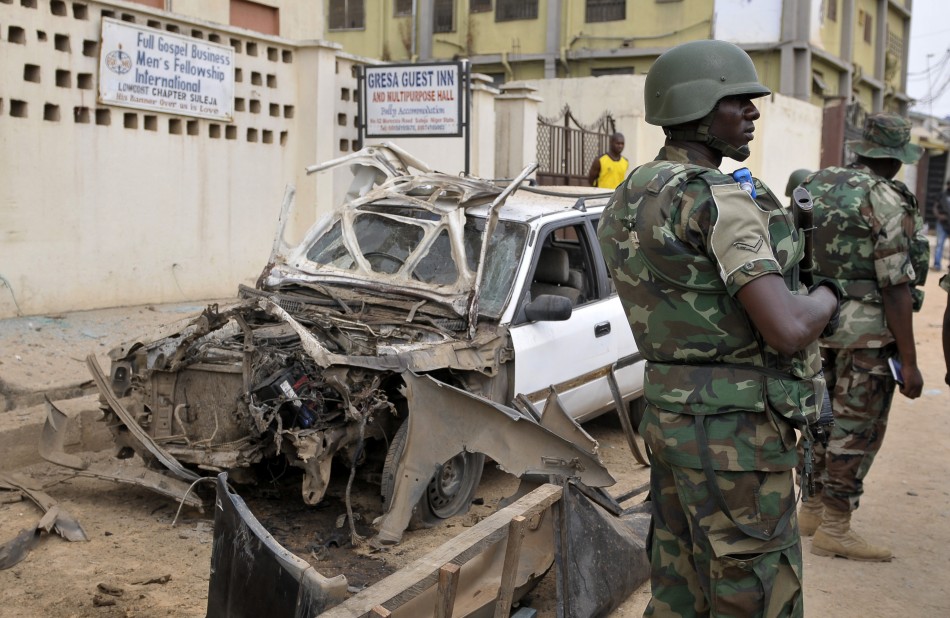Iraqi forces have retaken close to 70% of eastern Mosul from the Islamic State and are expected to make further gains in the coming days according to Lieutenant General Talib Shagati, the head of Iraq’s counter-terrorism service. Despite significant resistance, the 100,000-strong ground force of Iraqi troops, backed by Kurdish fighters, Shia militias, and a US-led coalition, have made a resurgence in their fight against ISIS militants in Mosul. Western Mosul still remains under ISIS control and, according to Shagati, is filled with hundreds of snipers, car bombs, and booby-traps. Although the campaign to retake the rest of Mosul is sure to be a bloody endeavour, the Iraqi special forces’ recent advance to the eastern bank of the Tigris River has it looking more and more likely that a non-ISIS controlled Mosul is an approaching reality. However, with multiple actors involved in the liberation campaign, each with their own, often conflicting, interests, it remains unclear what will happen to the city after it has been completely reclaimed from ISIS.
The manner in which sectarian tensions will be dealt with in Mosul’s post-ISIS period is crucial if the liberation of the city is to be long-lasting. Some residents in the predominantly Sunni city welcomed the Islamic State in 2014 as they felt economically and politically marginalized by the Shia-led government. Tensions were exacerbated during the Mosul offensive, as the Iraqi military feared that ISIS sympathizers and sleeper cells were among the population of Mosul. Many residents were indiscriminately detained and assaulted by Iraqi forces for suspected allegiance to the Islamic State, and were barred from returning to their homes in recaptured areas. Additionally, anyone fleeing the city was subject to intensive military screenings, which required individuals to wait outside for hours in harsh weather conditions without benches or shelter. With the likely possibility that ISIS sleeper cells are among the population of Mosul, and with practices such as these that have deepened sectarian rifts and antagonism between the residents of Mosul and the military, it is up to Prime Minister Haider al-Abadi to make sure that grievances are addressed. If inclusive policies and practices are not put into place in Iraq, sectarian tensions will likely deepen, fuelling the growth of ISIS in the present and the rise of similar extremist groups in the future.

After Mosul is liberated, the Iraqi government must accommodate the estimated 130,000 people who have been displaced since the offensive began on October 17, 2016, as well as the countless others who fled the city since ISIS seized it in 2014. The majority of people who fled Mosul were Kurds, Shia Turkmen, and Yazidis, as they were brutally persecuted by Islamic State militants. Over 55,000 people displaced from Mosul have settled in Iraqi Kurdistan and, due to the region’s economic woes, will likely have little choice but to return to Mosul after the offensive comes to an end. Since it is probable that ISIS sympathizers and sleeper cells will still remain in Mosul, Iraqi security forces must reflect the city’s cross-sectarian, multi-ethnic population in order to protect the safety and security of all of the city’s diverse groups. Another issue that the Iraqi government must deal with is the property disputes that are bound to occur upon the return of internally displaced persons, who may find their former occupied or destroyed, making the establishment of governing and judicial institutions necessary.
How Mosul is handled after it is liberated from ISIS could also have regional effects as the city may be the scene of a Turkish-Iranian dispute. As ISIS members are killed, arrested, or driven out of Mosul, Iraqi forces must make sure that they control the area, so as to avoid a military free-for-all between competing groups. A scramble for Mosul could pit the Turkey-backed Kurdistan Democratic Party (KDP) against the Patriotic Union of Kurdistan, a group with historic ties to Iran. Some security analysts suggest that, if pitted against one another, a conflict between these two groups would spread throughout the region and armed conflict over the oil-rich Kirkuk Governorate would ensue.
While a non-ISIS controlled Mosul is a significant victory to be celebrated, clear ethnic tensions and disputes over land and territory indicate that liberating the city is only the beginning of what is sure to be a long and difficult rebuilding process.
Cover Photo: Iraqi Army on Patrol in Mosul (2008), by Staff Sgt. Jason Robertson via Wikimedia. Listed under Public Domain.
Map Image: Infomap of Iraq – Battle of Mosul (2016), by Wikimandia via Wikimedia. Listed under CC BY-SA 4.0.
Disclaimer: Any views or opinions expressed in articles are solely those of the authors and do not necessarily represent the views of the NATO Association of Canada.




